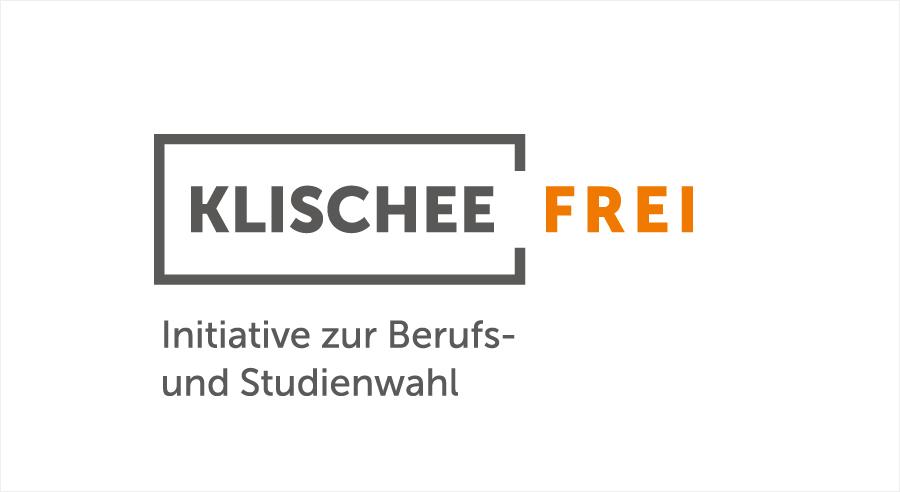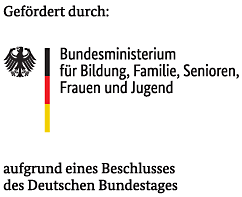About the Initiative Klischeefrei
The Initiative Klischeefrei [Cliché Free Initiative] is an alliance between representatives from the areas of education and training, policy making, business and research. It campaigns for career and study choices to be made free from gender stereotypes. Elke Büdenbender is patron of the initiative. This site provides details on the philosophy and organisation of the initiative and information about the partners involved.

Background
Occupations for girls, occupations for boys—surely these are outdated notions? Unfortunately not. Career choice is still determined by gender stereotypes. The aim is for young people to find their way into occupations which match their strengths and which they enjoy, free from any clichés and gender-based allocation.
Why is it important to avoid clichés?
Women and men continue to align themselves very differently on the training and labour market in Germany. This applies both to the training routes which girls and boys pursue and to the training occupations and higher education study subjects which they opt to enter. Young males are, for example, over-represented in dual training (60 percent). The same situation pertains in the case of young females in full-time school-based training (70 percent over-representation).
Both genders then continue to go in very different directions within the training route embarked upon. In company-based training, women and men are unequally distributed across the individual training areas. This is true of the public sector, but applies to an even greater extent to training in agriculture, in the craft trades, in the liberal professions and in housekeeping. Significant differences between the subjects chosen by young females and males are also revealed at vocational schools and at institutes of higher education.
Young people are likely to align their occupational choice decisions to traditional patterns. This means that the career spectrum available to them becomes limited. This causes repercussions at three levels.
